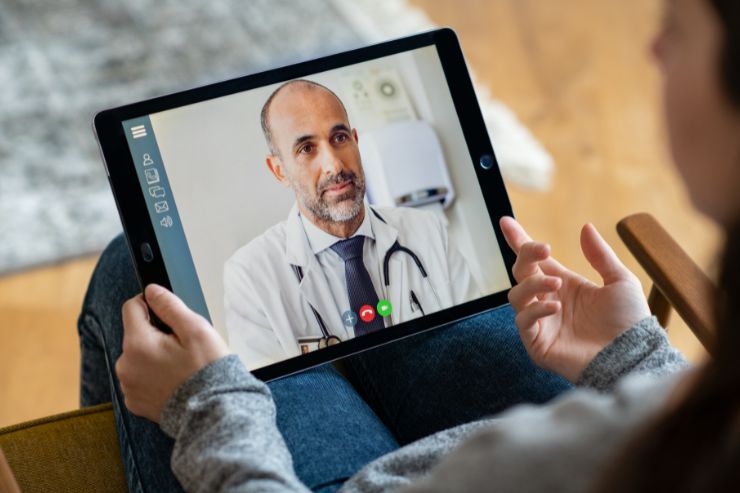Video Counseling

What is Video Counseling?
Video counseling, also known as online or teletherapy, is a form of mental health counseling conducted through video calls. It allows individuals to connect with licensed therapists or counselors from the comfort of their own homes, making mental health support more accessible and convenient.
Key Benefits of Video Counseling
Convenience and Accessibility: Video counseling offers the flexibility to receive therapy from anywhere, removing the need for travel and allowing people in remote or underserved areas to access quality mental health care.
Comfort and Privacy: Many individuals feel more at ease discussing personal issues from the privacy of their home. This can lead to a more open and honest therapeutic process.
Continuity of Care: Video counseling ensures that therapy can continue uninterrupted even if life circumstances make in-person visits difficult, such as during travel, illness, or lockdowns.
How Video Counseling Works
Video counseling sessions are similar to traditional in-person therapy but conducted via secure video conferencing platforms. The process typically includes:
- Scheduling: Clients book appointments with their counselor or therapist just as they would for in-person sessions.
- Preparation: A quiet, private space with a stable internet connection is essential for a smooth video counseling experience.
- Session: During the session, the counselor and client engage in real-time conversation through video, addressing issues such as anxiety, depression, stress, relationship problems, and more.
- Follow-up: After the session, the counselor may provide resources or tasks to work on until the next meeting, ensuring continuity and progress in therapy.
Who Can Benefit from Video Counseling?
Video counseling is suitable for a wide range of individuals, including:
- Those with Busy Schedules: People who find it challenging to fit traditional therapy into their schedules can benefit from the flexibility of video counseling.
- Residents of Remote Areas: Individuals living in rural or remote locations where mental health services are scarce can access expert care without the need to travel.
- Individuals with Mobility Issues: Those who have physical disabilities or chronic illnesses that make travel difficult can receive therapy in a comfortable setting.
- People Seeking Anonymity: Some individuals may prefer the relative anonymity of online therapy, particularly when addressing sensitive issues.
Challenges and Considerations
While video counseling offers many advantages, it’s important to consider potential challenges:
- Technology Issues: A stable internet connection and familiarity with video conferencing tools are necessary to avoid disruptions during sessions.
- Limited Non-Verbal Cues: Although video allows for face-to-face interaction, some non-verbal cues may be harder to perceive compared to in-person sessions.
- Suitability: Certain severe mental health conditions may require more intensive, in-person intervention that video counseling may not be able to provide.
